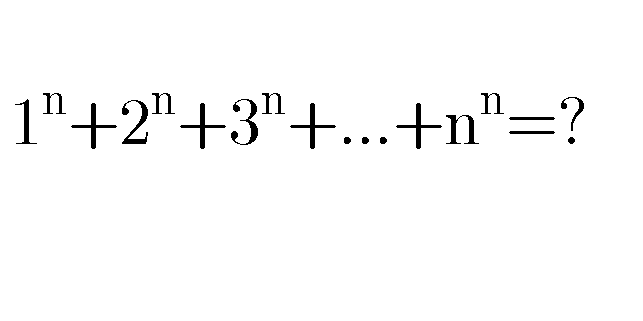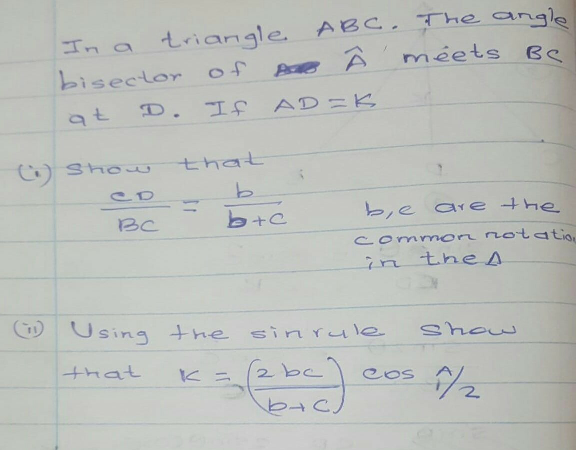
AlgebraQuestion and Answers: Page 287
Question Number 81010 Answers: 0 Comments: 4
Question Number 80982 Answers: 0 Comments: 3

Question Number 80930 Answers: 0 Comments: 3

Question Number 80927 Answers: 1 Comments: 2

Question Number 80912 Answers: 0 Comments: 2

Question Number 80907 Answers: 1 Comments: 0
Question Number 80889 Answers: 0 Comments: 3
Question Number 80881 Answers: 1 Comments: 0
Question Number 80804 Answers: 2 Comments: 2
Question Number 80760 Answers: 0 Comments: 1

Question Number 80832 Answers: 1 Comments: 2
Question Number 80747 Answers: 1 Comments: 1

Question Number 80733 Answers: 0 Comments: 3
$$\mathrm{x}^{\mathrm{2}} =\mathrm{2}^{\mathrm{x}} \Rightarrow\mathrm{x}=? \\ $$
Question Number 80706 Answers: 1 Comments: 0

Question Number 80702 Answers: 1 Comments: 4
Question Number 80645 Answers: 0 Comments: 11
Question Number 80643 Answers: 2 Comments: 0
Question Number 80607 Answers: 0 Comments: 0

Question Number 80580 Answers: 2 Comments: 0
Question Number 80543 Answers: 1 Comments: 6

Question Number 80493 Answers: 0 Comments: 4
Question Number 80503 Answers: 1 Comments: 0
Question Number 80448 Answers: 1 Comments: 3
Question Number 80433 Answers: 1 Comments: 6
Question Number 80405 Answers: 1 Comments: 11
Question Number 80404 Answers: 1 Comments: 0

Pg 282 Pg 283 Pg 284 Pg 285 Pg 286 Pg 287 Pg 288 Pg 289 Pg 290 Pg 291
